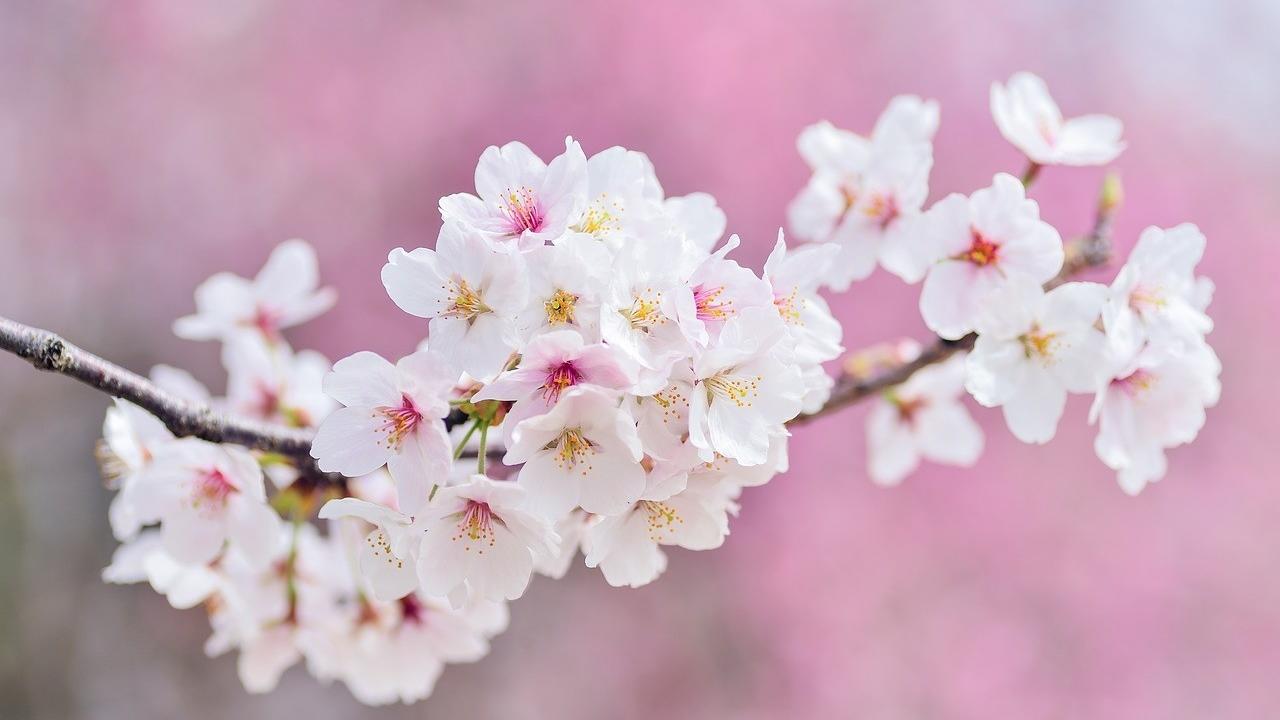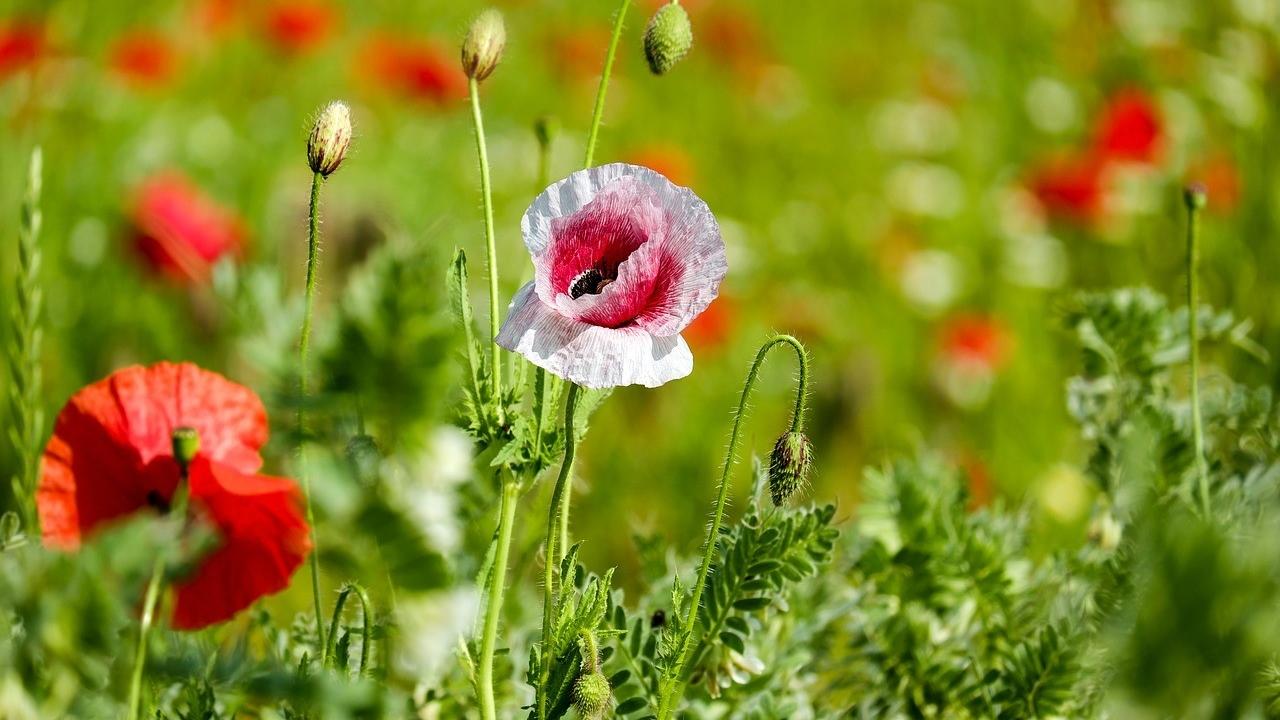Blog
The one thing you must do before setting goals...(DW #851)

If you are anything like me, about this time every year, you ask yourself the same question: where did the year go?
Even though this year has been extraordinarily challenging for some, and seemed to be going by verrryyyy slowly as we spent time huddled up at home, looking back, it may feel like we started hearing about this new disease just yesterday . . .
Although many things have changed, there are some that haven't, including our habits and the way we tend to use our time.
Some of us get into a mad dash at the end of the year, trying to accomplish everything that we meant to do this year. Others are already thinking ahead to January and planning what goals they want to set for next year.
In order to start the next year off well, there is a very important step we can take right now.
Taking stock of this year as it ends.
Writing an end of year reflection is an excellent way to acknowledge your successes and wins and start considering where and how you might do better next year.
This yearly ...
The Eulogy Exercise Part 2(DW# 846 )

It is common for this exercise to bring up some sadness and regret specially if we notice a big difference between what we aspire to be and how we are actually living our lives.
Here’s the thing:
While we are still on this planet, we are in the zone of action, we can still take action to live up to our aspirations.
So here is part two of the Eulogy Exercise:
Step into the future reality of your own funeral. Imagine what you hope others will say about you.
Write down the qualities that are most important to you. Also write down what you wish that they would say. Write down how you would LIKE to be remembered. What virtues would you like your life to stand for?
Think of it as a To-Be List (as opposed to a To-Do list).
The Eulogy Exercise(DW# 845)

Steven Covey in his seminal book, The 7 Habits of Highly Effective People suggests an exercise which can help us get some clarity on our eulogy virtues.
Here is how I do this exercise:
Imagine that you walk into a funeral. There’s a casket in the front of the room. You walk up to the casket to see who’s in it. You look inside.
It’s YOU. It is you who is lying motionless in that casket.
You realise that you are at your own funeral.
Feel into that for a moment.
Look around – who is there?
What do the people who are present have to say about you? What qualities did they most admire and appreciate in you?
Are you surprised? Delighted?
Or Sad? Disappointed? Regretful?
Silly small steps(DW #825)

You and your chisel(DW #824)

A gift to ourselves(DW# 797)

Breathe Through Your Nose (all the time!) (DW#677)

The first rule of optimal breathing is to breathe through your nose. All the time. Yes, even when working out and sleeping!
Here’s why:
1) Our nose filters, humidifies and conditions the air we breathe in ways that our mouth simply is not designed to do.
2) Our ancestors did not breathe through their mouth except when they were in danger or under the most extreme instances of physical exertion. For example, when they were being chased by tigers or being hunted for food!
3) We tend to "overbreathe" when we breathe through our mouth. That is, we take fast, short and shallow breaths. This rhythm disrupts the oxygen to carbon dioxide ratios in our body. Surprisingly, it is carbon dioxide that actually gets the oxygen out of our red blood cells and into our tissues and organs. When we breathe through our nose, we balance the oxygen and carbon dioxide ratios in our body, and the oxygen can get to where it is needed.
The first golden rule of self-care (DW#674)

One of the most important things to know about self-care is that it is individual. Your needs and my needs are different. What works for me may not work for you.
However, while there is no "one-size-fits-all" self-care plan that you can simply download and adopt, it is a good idea to attend to wellness in all the various domains of our lives.
Here are the various domains that need our attention:
Physical
Mental and intellectual
Emotional
Social
Vocational
Spiritual
So, let’s do a quick check in: how are you doing in these domains of your life? Chances are that you will be better at taking care of yourself in one area than others. Some of us are great at exercising but have a challenge with connecting to others. Others may be great at keeping their relationships strong but struggle to eat well or sleep properly.
If we can attend to the hitherto neglected areas of our lives and take baby steps in this area, we will see a big impact in our wellbeing.
Self-care is not selfish (DW#669)

Another myth about self-care is that it is selfish.
They do both contain the word self. But the similarity ends there.
Let’s try and understand the difference.
Selfishness is defined as lacking consideration for others or being concerned chiefly with one's own personal profit or pleasure.
Self-care on the other hand, is about making sure that we are well and healthy so that we are more available to help others. If you cannot take care of yourself, you are no good to anyone else. This is especially important if you are in a caring role for other people.
Self-care, then, involves consideration for others and how we show up for them.
It is far from selfish.
What self-care is not (DW#668)

#Self-care is trending right now. At least the hashtag #selfcare on social media is.
There are countless memes, quotes and Instagram posts shared daily with people in bathtubs and on massage tables, sipping a drink in luxurious surroundings.
With such pictures thrown daily into our consciousness, it is easy to mistake self-care for self-indulgence. And to think that it means we need to indulge in exotic experiences and go on expensive getaways. And while a lot of us would love to treat ourselves in this way, let’s be realistic: few of us have the time or the budget to do so. It is simply not sustainable to take care of ourselves in this way.
And so we tell ourselves that it cannot be done. And so we ignore the sometimes hard and usually not glamorous work of actual self-care. Of doing the simple and mundane things that will fuel us.
Despite what our Facebook or Instagram feed tells us, can we please start thinking of self-care as an ongoing, daily practice rather than an every-once...
